Learning
Recent articles
To persist, memories surf molecular waves from thalamus to cortex
During the later stages of learning, the mouse brain progressively activates transcriptional regulators that drive memory consolidation.
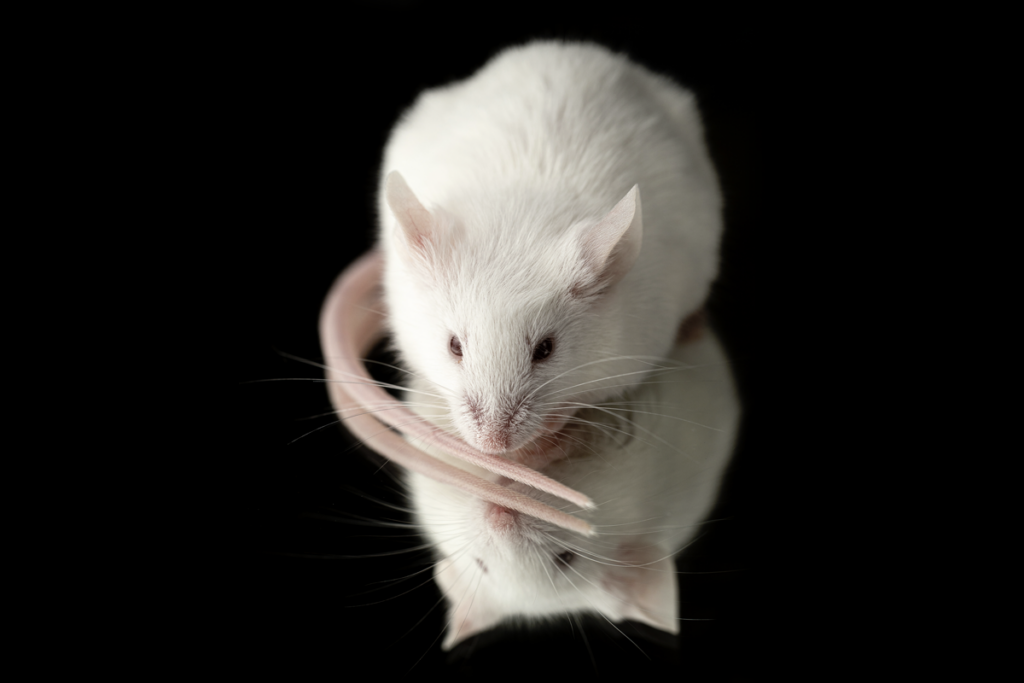
To persist, memories surf molecular waves from thalamus to cortex
During the later stages of learning, the mouse brain progressively activates transcriptional regulators that drive memory consolidation.
Sex hormone boosts female rats’ sensitivity to unexpected rewards
During the high-estradiol stages of their estrus cycle, female rats learn faster than they do during other stages—and than male rats overall—thanks to a boost in their dopaminergic response to reward, a new study suggests.

Sex hormone boosts female rats’ sensitivity to unexpected rewards
During the high-estradiol stages of their estrus cycle, female rats learn faster than they do during other stages—and than male rats overall—thanks to a boost in their dopaminergic response to reward, a new study suggests.
Gene replacement therapy normalizes some traits in SYNGAP1 model mice
The first published virus-based gene therapy for SYNGAP1 deletion yields benefits despite the gene’s long length and complexity.
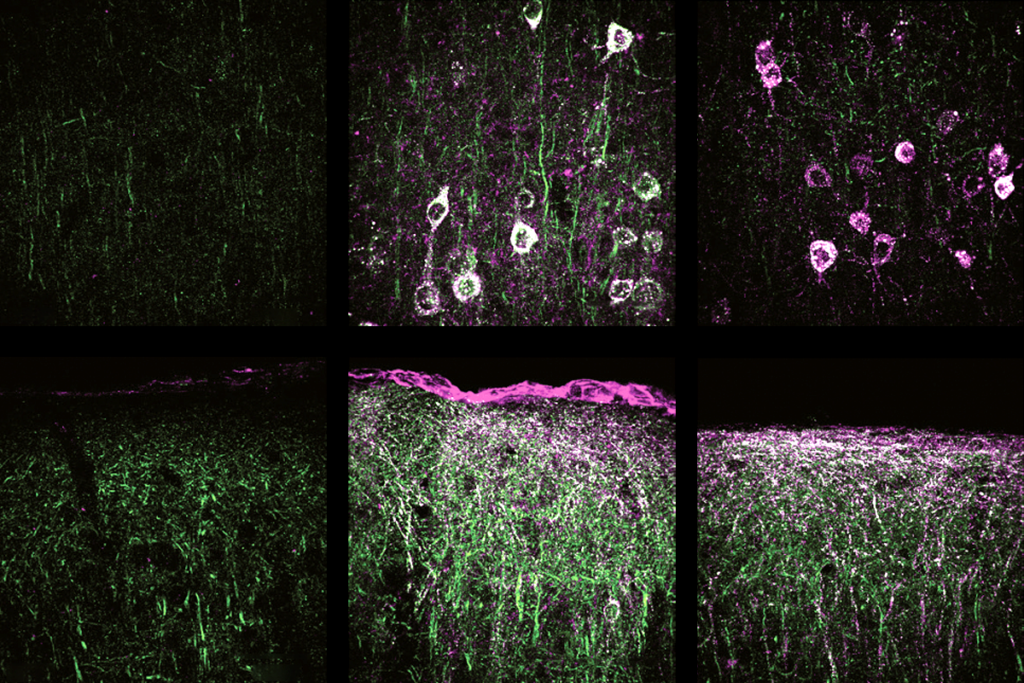
Gene replacement therapy normalizes some traits in SYNGAP1 model mice
The first published virus-based gene therapy for SYNGAP1 deletion yields benefits despite the gene’s long length and complexity.
Top neuroscience prize winners in 2025
The awards recognize lifetime achievements and new discoveries.

Top neuroscience prize winners in 2025
The awards recognize lifetime achievements and new discoveries.
‘What Is Intelligence?’: An excerpt
In his new book, published today, Blaise Agüera y Arcas examines the fundamental aspects of intelligence in biological and artificial systems. In this excerpt from Chapter 4, he examines temporal difference, a reinforcement learning algorithm.
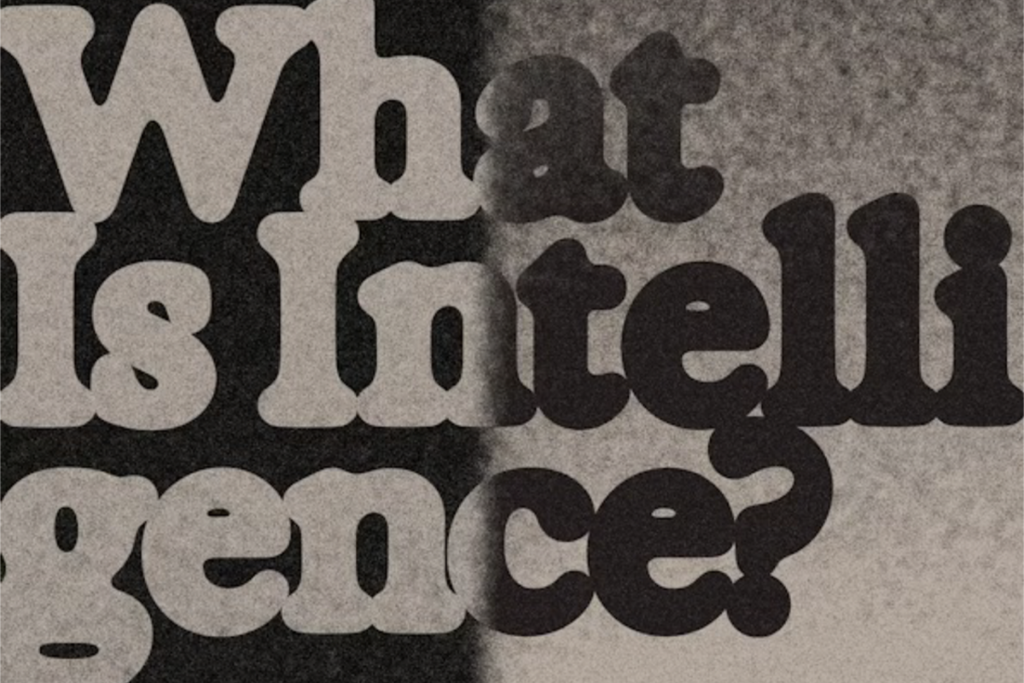
‘What Is Intelligence?’: An excerpt
In his new book, published today, Blaise Agüera y Arcas examines the fundamental aspects of intelligence in biological and artificial systems. In this excerpt from Chapter 4, he examines temporal difference, a reinforcement learning algorithm.
How to build a truly global computational neuroscience community
Computational sciences offer an opportunity to increase global access to, and participation in, neuroscience. Neuromatch’s inclusive, scalable model for community building shows how to realize this promise.
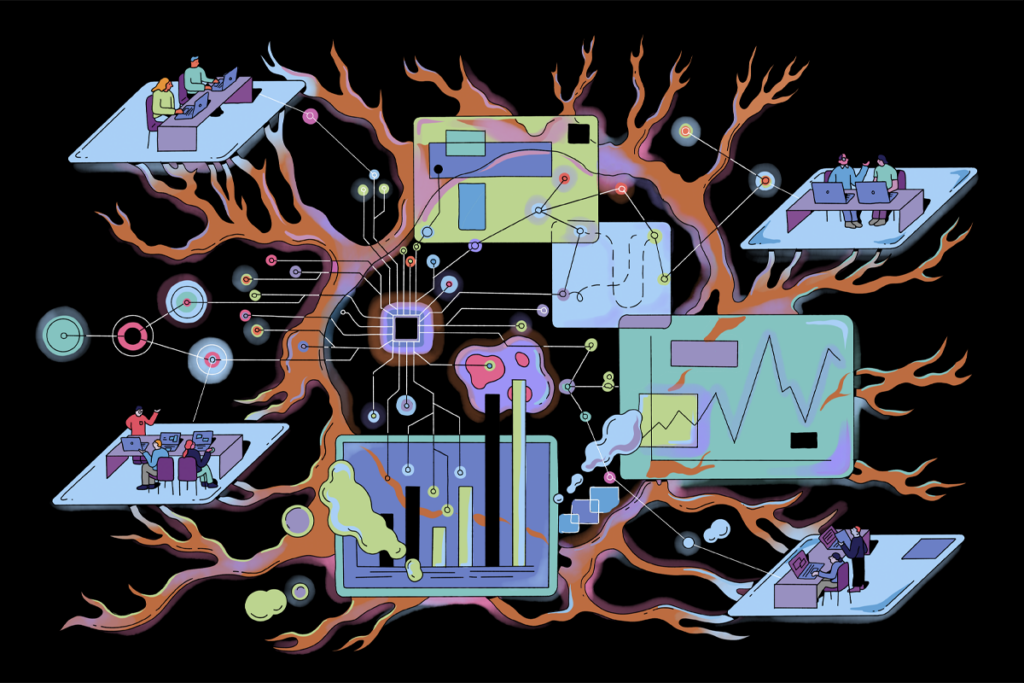
How to build a truly global computational neuroscience community
Computational sciences offer an opportunity to increase global access to, and participation in, neuroscience. Neuromatch’s inclusive, scalable model for community building shows how to realize this promise.
Spatial learning circuitry fluctuates in step with estrous cycle in mice
Cyclic shifts in estradiol levels coincide with changes in dendritic spine density and the activity of place cells in the CA1 region of the hippocampus, a new study shows.
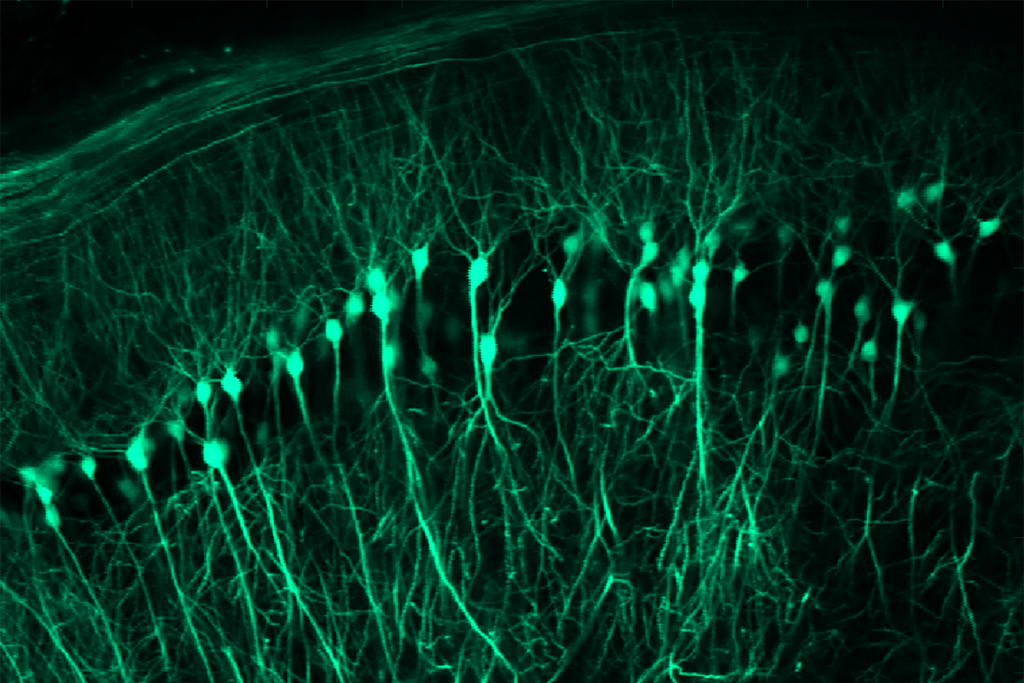
Spatial learning circuitry fluctuates in step with estrous cycle in mice
Cyclic shifts in estradiol levels coincide with changes in dendritic spine density and the activity of place cells in the CA1 region of the hippocampus, a new study shows.
Many students want to learn to use artificial intelligence responsibly. But their professors are struggling to meet that need.
Effectively teaching students how to employ AI in their writing assignments requires clear guidelines—and detailed, case-specific examples.

Many students want to learn to use artificial intelligence responsibly. But their professors are struggling to meet that need.
Effectively teaching students how to employ AI in their writing assignments requires clear guidelines—and detailed, case-specific examples.
Learning in living mice defies classic synaptic plasticity rule
Donald Hebb’s theory—memorably summarized as “cells that fire together, wire together”—does not explain the shifting hippocampal connections in mice learning to navigate a virtual environment, according to a new study.

Learning in living mice defies classic synaptic plasticity rule
Donald Hebb’s theory—memorably summarized as “cells that fire together, wire together”—does not explain the shifting hippocampal connections in mice learning to navigate a virtual environment, according to a new study.
Sleep doesn’t just consolidate memories; it actively shapes them
The rapid eye movement (REM) phase preserves newly acquired memories, but deeper non-REM sleep helps to adapt and update them, according to “heroic” day-long electrode recordings in rats.
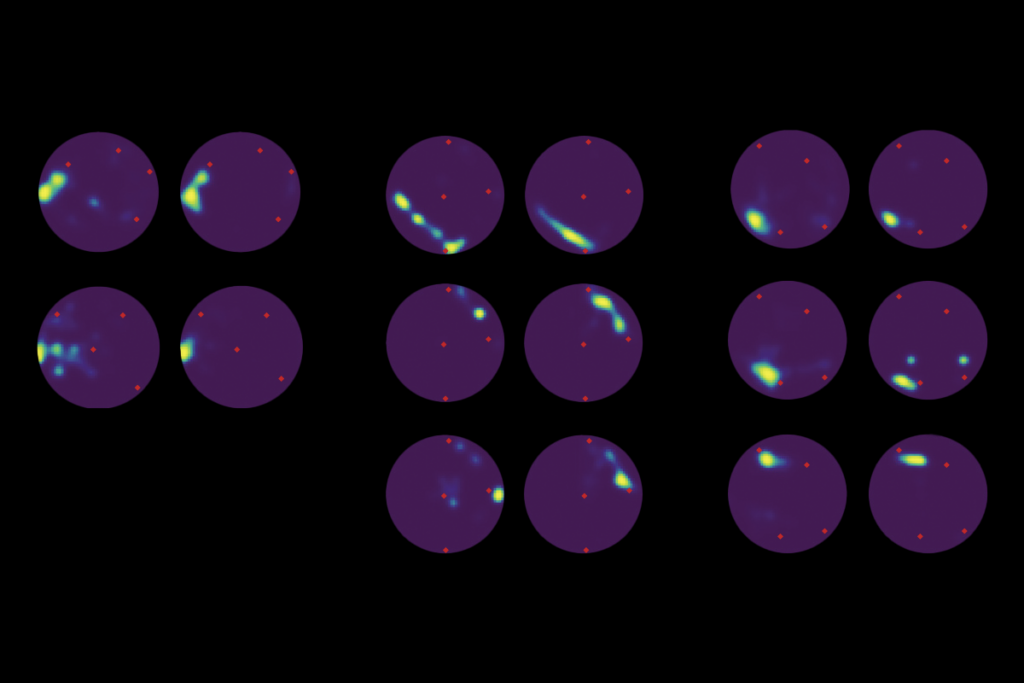
Sleep doesn’t just consolidate memories; it actively shapes them
The rapid eye movement (REM) phase preserves newly acquired memories, but deeper non-REM sleep helps to adapt and update them, according to “heroic” day-long electrode recordings in rats.
Explore more from The Transmitter
Frameshift: Raphe Bernier followed his heart out of academia, then made his way back again
After a clinical research career, an interlude at Apple and four months in early retirement, Raphe Bernier found joy in teaching.

Frameshift: Raphe Bernier followed his heart out of academia, then made his way back again
After a clinical research career, an interlude at Apple and four months in early retirement, Raphe Bernier found joy in teaching.
Organoid study reveals shared brain pathways across autism-linked variants
The genetic variants initially affect brain development in unique ways, but over time they converge on common molecular pathways.

Organoid study reveals shared brain pathways across autism-linked variants
The genetic variants initially affect brain development in unique ways, but over time they converge on common molecular pathways.
Single gene sways caregiving circuits, behavior in male mice
Brain levels of the agouti gene determine whether African striped mice are doting fathers—or infanticidal ones.

Single gene sways caregiving circuits, behavior in male mice
Brain levels of the agouti gene determine whether African striped mice are doting fathers—or infanticidal ones.